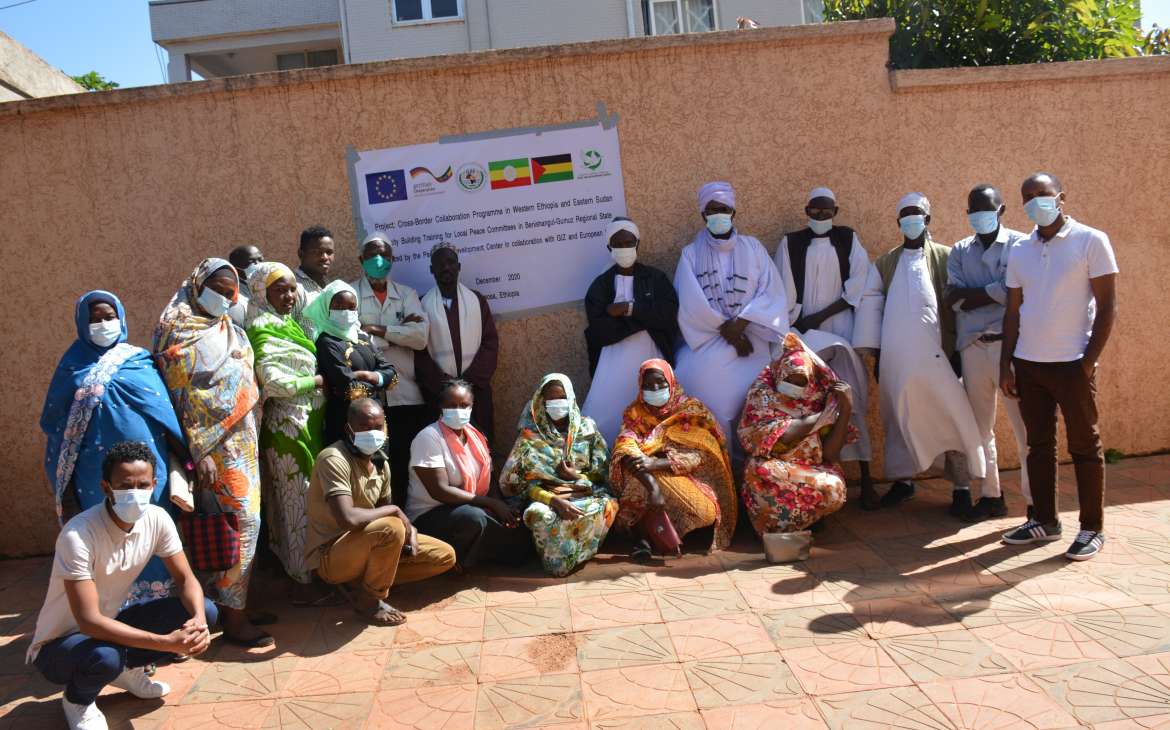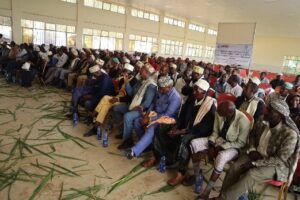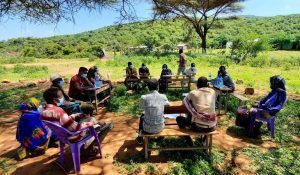For many years, the Horn of Africa has been facing challenges of extreme poverty, violent conflicts, demographic pressure, environmental stress, weak institutions and infrastructure, and insufficient resilience to food crises. In some places, this has led to displacement, criminality, radicalization, and violent extremism, as well as to irregular migration and human trafficking. Food and nutrition security is an increasingly pressing issue, especially in zones of conflict-prone zones in Sudan and for internally displaced persons (IDPs) in the Benishangul-Gumuz Region (BGR). These issues have been particularly acute in the borderland areas of BGR on the Ethiopian side, and the Blue Nile State (BNS) in Sudan. The presence of the Ethiopian Grand Renaissance Dam (GERD) in BGR and the resulting unresolved dispute between Ethiopia the two downstream countries as well as the recurring inter-ethnic violent conflicts has made Benishangul-gumuz an epicenter of direct and proxy conflicts.
Learning from and building on its previous interventions in the region, EIP, in collaboration with GIZ has developed and implemented a project that focuses on peacebuilding and conflict prevention project targeting communities living in Ethiopia-Sudan border areas. The Project aims to build the capacity of the local peacebuilding institutions through research, training, and strategy development so that they can resolve conflicts, promote a culture of peace, and strengthen social cohesion among the neighboring communities and institutions.
Activity Start Date and End Date: June 01, 2020- March 31, 2021
Funding organization: GIZ, Commissioned by European Commission
Implemented by: The Ethiopian Institute of Peace (EIP)
Target areas: Kurmuk, Sherkole, and Assosa Woredas of Assosa Zone, and Guba Woreda of Metekel Zone in Benshangul Gumuz Regional State
Key stakeholders: Regional, Zonal, and Woreda level Security and Administration Bureaus, Local Peace Committees, and target communities.
Project Goal
To identify drivers of conflict and build institutional and individual capacities to engage in peacebuilding, prevent conflicts, or mitigate its impacts in BSGR/BNS border regions.
The objective of the Project
The strategic objectives of the project are to:
- strength the capacity of members of local peace committee (LPC) on zonal, woreda, and kebele level through trainings on conflict prevention and transformation as well as an early warning;
- improve institutional capacity to prevent and transform conflicts by developing conflict prevention and transformation regional strategy for BGR.
- enhance intergroup and inter-institutional cooperation and collaborations among the target groups through networking and supporting the kebele administration to reconstitute peace committees;
- enhance the role of women in conflict prevention and resolution activities;



